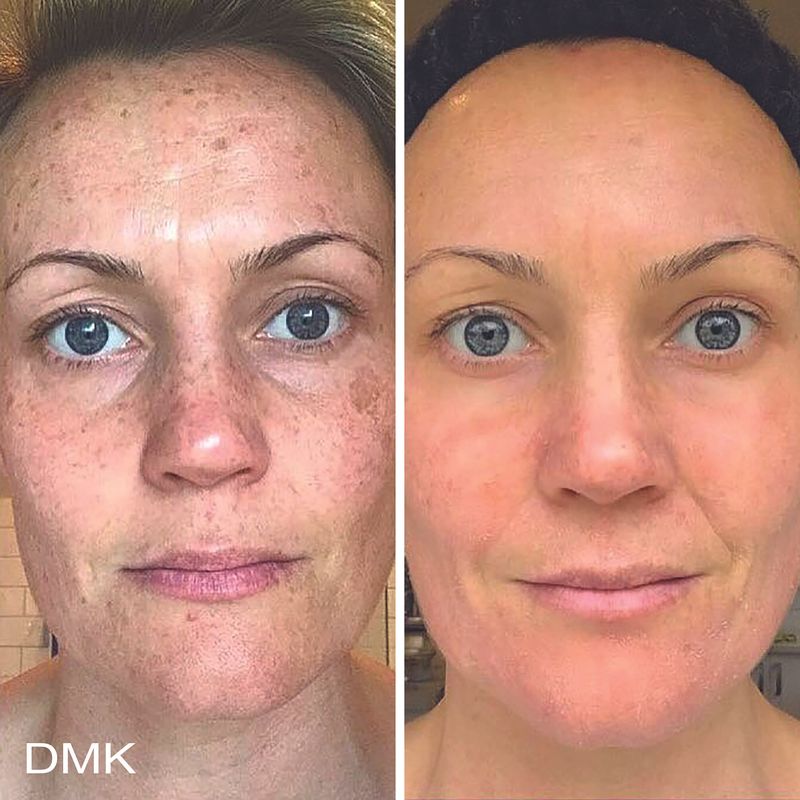
PIGMENTATION
Abnormal pigmentation (hyper-pigmentation), especially on the face can be disfiguring and can affect a person’s confidence at work or in social situations.
PIGMENTATION
Abnormal pigmentation (hyper-pigmentation), especially on the face can be disfiguring and can affect a person’s confidence at work or in social situations. It can occur on any skin-type but those with darker skin-types are particularly prone to it. There are two types of pigmentation, ‘passive’ and ‘inflammatory’. Passive pigmentation is caused by hormones (e.g. during pregnancy) or medication induced. Inflammatory can be caused by many things to include sun exposure, stress, and anxiety. Trauma such as a wound caused by acne, friction, picking, product misuse or harsh treatments can cause inflammation which results in PIH know as Post-Inflamed Hyper-pigmentation. Pigmentation can be permanent unless treated and controlled.
For minor and localised hyper-pigmentation, there are some home use crèmes/serums that can be prescribed that can give very good results. Clinic treatments may include the use of peels, enzymes, skin needling, mesotherapy and IPL. When using peels in the clinic the skin may be prepared at home beforehand with Vitamin A cream (retinal) to give even penetration. Tyrosinase (pigmentation) inhibitors are always incorporated. You will also be required to use post care Tyrosinase inhibiting products to continue to calm down melanocytes and bring them back to normal. This will also help prevent post pigmentation rebound. SPF applied correctly is an absolute must and SPF mishaps can often lead to more pigmentation damage. Diligence is the key and a maintenance plan carried out long term will keep your pigmentation under control.